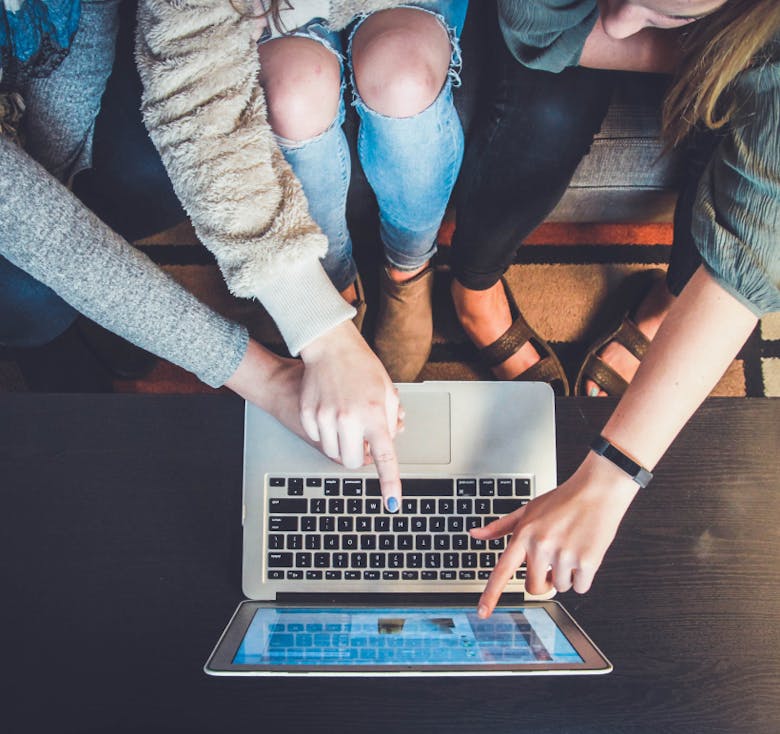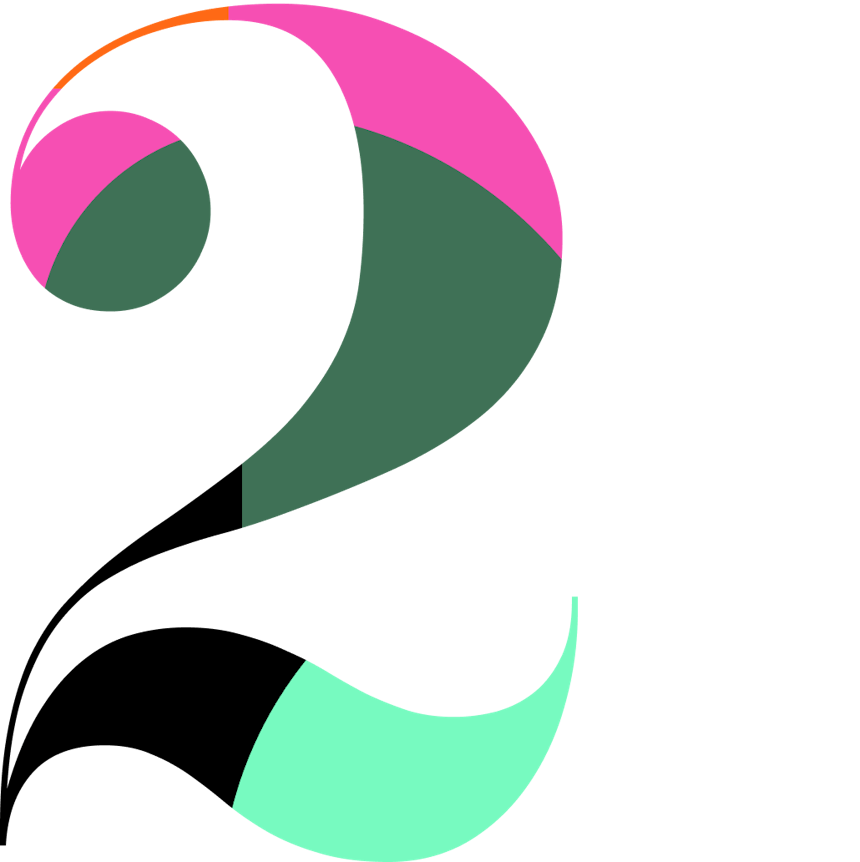How Learning Pods are Changing Education

Education—like all other aspects of what we formerly knew as “normal life”—has been thoroughly disrupted by COVID-19. As the school year approaches and the pandemic charges on, schools are having to make tough decisions around if and how to re-open this fall. And with so much left unknown, parents once again stare down the impossible balancing act of working, parenting, and, in some cases, teaching their children, too.
It’s unsurprising that some are taking matters into their own hands, searching for creative ways to make education work for their kids during this messy time. One such response has been the formation of “learning pods,” or “microschools,” in which parents gather small groups of children to be taught either by the parents of the pod-members or by hired private teachers in place of, or as a supplement to, public schooling. A trend that started in small numbers and mushroomed in Facebook groups has now entered into the corporate sphere. Businesses have seized the opportunity to capitalize on this behavior, with both existing companies and new startups rushing to fill the new demand for pod tutors and logistical support.
Pod Privilege

Read it in
The New York Times
What might at first seem like an enterprising response to an educational dilemma becomes concerning when paired with the gaping inequality endemic in the U.S. In fact, the rise of the pod has raised some serious red flags for educators across the country. "These pods could provide families with a schooling option that feels safe – yet also allows kids to have fun and build social skills," Melinda Wenner Moyer reported in the New York Times...

"...but given that pods can be pricey, complicated to organize and self-selecting, they are likely to be most popular among families of privilege, experts say, and may worsen educational inequality."
Melinda Wenner Moyer
In the U.S., education has long been stratified along race and class lines, from private preschools to expensive tutoring programs and elite universities. Even public schools perpetuate this gap, with funding funneled through property taxes and disproportionately benefiting those in whiter, wealthier school districts.
So what will happen when education is further segregated into pods? Students with fewer resources will inevitably continue to fall behind. As Emily Oster points out in the Washington Post, "some children are more reliant on in-person public school than others."
The New Entrants

In this fraught new space of uncertainty, businesses are swooping in and setting up shop, offering their services for everything pod-related–from providing screened teachers, to organizing logistics and personalizing curricula.
While some companies are cropping up brand new, others are pivoting their existing business models to meet the shifting market need.
Take Swing Education, which specializes in connecting schools with substitute teachers. They've launched "Bubbles," a new offering that enables them to work directly with parents to find K-12 teachers. As described on its website, "A teacher with experience in a classroom setting gives your child, and your learning bubble, the safe and supportive environment needed to continue their education and succeed with distance learning."
Services like Selected for Families, Learning Pods, and SchoolHouse have also emerged to match teachers to families. Other organizations have a more community-minded approach. CareVillage, a self-funded start-up also based on matching participants with the support they need, evolves the idea of the pod beyond schooling: "Our goal is to make parenting easier through technology and community." They offer ShopPods, NannyPods, SharePods and more to serve educational and general caregiving needs. For the duration of Covid-19, they have waived the fees for the service.
Other organizations are specifically focused on serving all students, regardless of background and class. The Oakland REACH self-describes as "a group of parents empowering families to fight for a good education for their kids by helping them better navigate the system while also working to change the system." Their new City-Wide Virtual Hub raised money to provide a place where "kids were able to learn and parents were able to get access to socioeconomic workshops and resources," Lakisha Young, Executive Director of The Oakland Reach, explained. "We didn't want our parents to be having to choose between caring about their kids' education and paying the light bill...The hub is designed to make sure that families who are lower income are not negatively impacted."
What Comes Next?

The short answer is we don’t know. At a time when Covid is shining a spotlight on existing inequality across industries, there are many questions and very few answers.


What is the role of companies and technology in a time of crisis? Are they fulfilling a need or merely perpetuating divides?
And how can we show up for one another, even as we must be kept apart? It is undoubtedly a difficult time for parents, educators, and students alike. But as startups codify and streamline this pod behavior, it’s worth remembering that education should not be a luxury good. During these chaotic times, we must continue to push new innovative ways to connect, learn, and care for one another, while making sure it is leading towards equitable solutions.

WORDS BY
SR. COPYWRITER
KATE SILZER